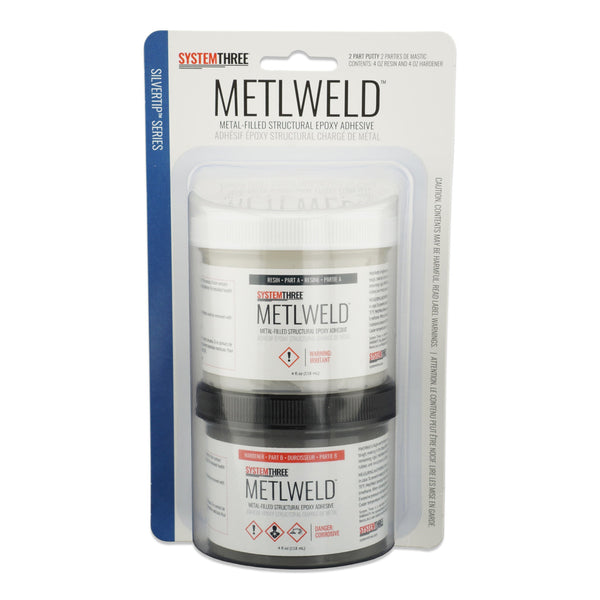jttheclockman
Member
There was a topic that came up and lots of info being thrown around and theories. So thought I would post a few sites that talk about adhesives. Now this adhesive topic has been talked about here numerous times and you can do a search for those if you like. But as most topics here and when it comes to opinions we all have ours and some are passionate about them and that is fine. But not one shoe size fits all. Many many factors come into play when dealing with glues and failures or successes. Just the fact of prepping the joint, clamping if need be, cleaning the surfaces, sanding to add tooth or to smooth, materials being used and their glue surfaces, the operator themselves, and the list goes on. The talk about using higher heat adhesives when dealing with drilling blanks was brought up. Well it maybe a viable avenue but not always the case and not needed for every instance. Most glues that are designed for high tensile strength do not break down until 200 degrees F and above. Most wood glues are around that and will break down more easily due to heat. They are water based. Now I will not go into listing all types of glues and their fact sheets. You can do that and add here if you like. But each glue company will tout their glues as the best and maybe even skew the charts in testing, who knows. Tool companies do this all the time when comparing tools.
Remember though color of adhesive can play a role as well as heat and tensile strength when picking the right adhesive. There are charts on all glues on the market. Comparing one to another can be challenging. This is why I put this here and others can add their favorites.
As mentioned I will add some links for reading about adhesives and their properties. I will include the names of glues that I use for specific things. There is no right or wrong answers here but if you want to include your favorite glues then please do. If you had failures using certain glues maybe tell us your findings. Will mention a few things that are basic rules when using adhesives for any project, always use an adhesive designed for the purpose, do not over heat from drilling or sanding joints or will have chance of adhesion separation, always let adhesive totally cure and not just dry for max strength, do not be in a rush on project.
links'
https://gluefaq.com/best-heat-resistant-glue/
https://toolsgeeks.com/best-plastic-glue/
https://www.woodcraft.com/blog_entries/complete-guide-to-woodworking-glues
https://www.permabond.com/resource-center/category/adhesives/
My glues:
CA-- Satillite City Hot Stuff --- use for finishing and also occassional blank build where there is alot of glue surface
Epoxy--- System3 T88 ---for all blanks for tube and most segmented blanks
epoxy--- JB weld -- for metal to metal
Construction adhesive--- PLmax and also liquid nails for outdoor projects and those that need super holding strength.
wood glues--- Titbond2 and clear for wood to wood
My failues have mostly come when using materials in a segmented blank that have no open grain for adhesives to bind to and the surface is even though sanded to give tooth. This has happened with both CA and even epoxy. But the failures are due to shear pulling and not heat. Never had a failure due to heat. Always need a good clean mating surface as a starting point. Good luck. Happy turning.
Remember though color of adhesive can play a role as well as heat and tensile strength when picking the right adhesive. There are charts on all glues on the market. Comparing one to another can be challenging. This is why I put this here and others can add their favorites.
As mentioned I will add some links for reading about adhesives and their properties. I will include the names of glues that I use for specific things. There is no right or wrong answers here but if you want to include your favorite glues then please do. If you had failures using certain glues maybe tell us your findings. Will mention a few things that are basic rules when using adhesives for any project, always use an adhesive designed for the purpose, do not over heat from drilling or sanding joints or will have chance of adhesion separation, always let adhesive totally cure and not just dry for max strength, do not be in a rush on project.
links'
https://gluefaq.com/best-heat-resistant-glue/
https://toolsgeeks.com/best-plastic-glue/
https://www.woodcraft.com/blog_entries/complete-guide-to-woodworking-glues
https://www.permabond.com/resource-center/category/adhesives/
My glues:
CA-- Satillite City Hot Stuff --- use for finishing and also occassional blank build where there is alot of glue surface
Epoxy--- System3 T88 ---for all blanks for tube and most segmented blanks
epoxy--- JB weld -- for metal to metal
Construction adhesive--- PLmax and also liquid nails for outdoor projects and those that need super holding strength.
wood glues--- Titbond2 and clear for wood to wood
My failues have mostly come when using materials in a segmented blank that have no open grain for adhesives to bind to and the surface is even though sanded to give tooth. This has happened with both CA and even epoxy. But the failures are due to shear pulling and not heat. Never had a failure due to heat. Always need a good clean mating surface as a starting point. Good luck. Happy turning.

